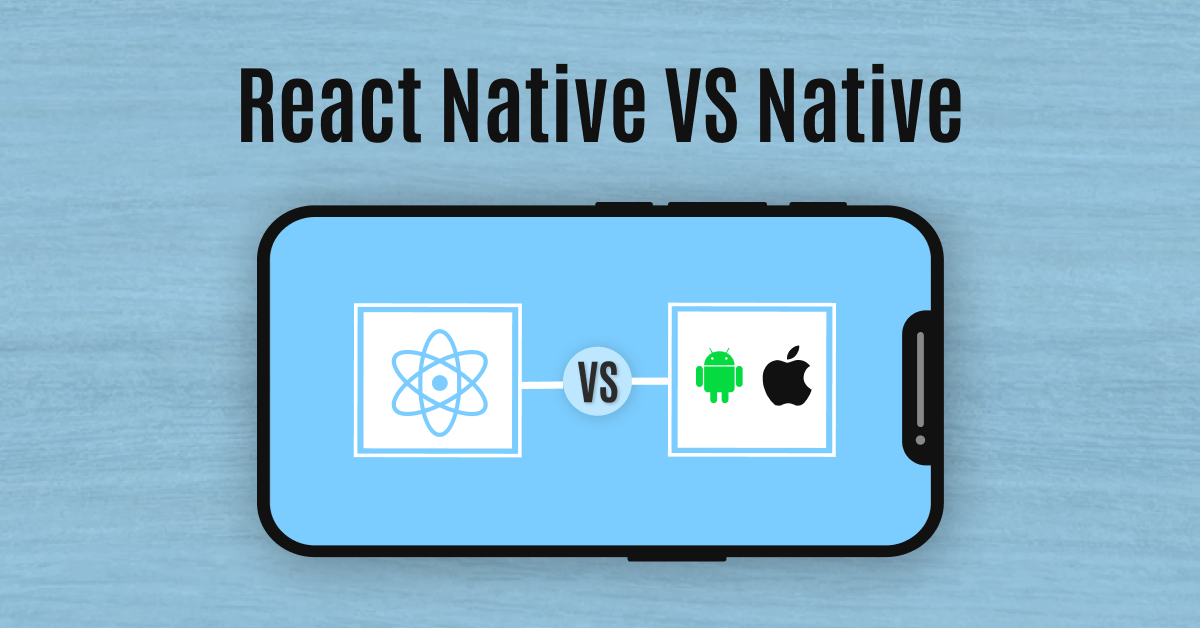Artificial Intelligence (AI) agents are transforming the way businesses and individuals operate, unlocking unprecedented efficiencies, enhancing decision-making, and enabling new possibilities. As these intelligent systems continue to evolve, they are becoming indispensable in industries ranging from healthcare to finance and beyond. Here, we explore the top benefits of working with AI agents and how they are shaping the future.
1. Enhanced Efficiency and Productivity
AI agents excel at automating repetitive tasks, freeing up human resources to focus on strategic and creative work. They can process vast amounts of data quickly and accurately, making tasks like data entry, scheduling, and customer support faster and more reliable. For example, AI-powered chatbots can handle customer queries 24/7, reducing response times and improving customer satisfaction.
2. Improved Decision-Making
With their ability to analyze complex datasets and extract meaningful insights, AI agents empower businesses to make informed decisions. Predictive analytics, powered by AI, can forecast market trends, customer behavior, and operational risks. This capability allows organizations to stay ahead of the competition and make proactive, data-driven choices.
3. Cost Savings
By automating routine tasks and optimizing workflows, AI agents significantly reduce operational costs. Businesses can save on labor costs while increasing output quality and consistency. Additionally, AI systems often identify inefficiencies within processes, enabling further cost-cutting opportunities.
4. Personalization at Scale
AI agents enable hyper-personalization by analyzing user preferences and behavior patterns. This is particularly valuable in industries like e-commerce, where personalized recommendations can drive sales and improve customer loyalty. AI algorithms can tailor content, product suggestions, and marketing campaigns to individual users, enhancing their experience and engagement.
5. Scalability
AI agents can easily scale to meet growing demands. Whether it’s managing increased customer interactions or analyzing larger datasets, these systems handle scaling without compromising performance. This scalability makes AI ideal for businesses experiencing rapid growth or fluctuating workloads.
6. 24/7 Availability
Unlike human workers, AI agents don’t require breaks or downtime. They are available around the clock, ensuring uninterrupted service. This continuous availability is especially beneficial in industries like healthcare, where real-time monitoring and support can be critical.
7. Innovation Enablement
AI agents open up new avenues for innovation by providing tools to experiment, prototype, and optimize. For instance, in product design, AI can simulate scenarios and predict outcomes, accelerating development cycles. In creative industries, generative AI tools can assist in producing original content, designs, or music.
8. Improved Security
AI agents are increasingly used to bolster cybersecurity by detecting and responding to threats in real time. They can analyze patterns and identify anomalies that might indicate security breaches, ensuring robust protection for sensitive data and systems.
9. Better Collaboration
AI agents are enhancing human-machine collaboration by acting as intelligent assistants. Tools like AI-powered project management platforms streamline teamwork, while language translation agents enable seamless communication across borders. These capabilities make AI a valuable partner in diverse and global work environments.
10. Environmental Impact
By optimizing resource utilization and energy consumption, AI agents contribute to sustainability efforts. For instance, AI systems in logistics can optimize delivery routes, reducing fuel usage and emissions. Similarly, AI-driven smart grids improve energy efficiency in power distribution.
AI Agents in the Context of Salesforce
In the context of Salesforce, AI agents refer to intelligent software systems or tools powered by artificial intelligence that assist in automating, analyzing, and enhancing various Salesforce operations. These agents leverage Salesforce’s AI technologies, such as Einstein AI, to perform tasks like predicting customer behavior, automating workflows, generating insights, and improving customer interactions.
For example:
- Salesforce Einstein Bots: These are conversational AI agents that automate customer support by resolving common queries in real time. They seamlessly integrate into Salesforce Service Cloud to enhance the customer experience.
- Einstein Prediction Builder: An AI agent that helps businesses create predictive models to forecast outcomes, such as customer churn or lead conversion rates.
- Einstein Recommendations: This AI agent offers personalized recommendations in e-commerce platforms, improving user engagement and sales.
Conclusion
The integration of AI agents into daily operations is no longer a futuristic concept but a present-day reality. Their ability to enhance efficiency, personalize experiences, and drive innovation makes them essential in navigating the complexities of modern business. As Salesforce AI technology known as Agentforce continues to advance, the potential for these agents to reshape industries and unlock new opportunities will only grow.
Embracing AI agents today means investing in a smarter, more efficient, and sustainable future. Whether you’re a small business owner or part of a multinational corporation, the benefits of working with AI agents are clear: they are the key to unlocking the full potential of the digital age.




